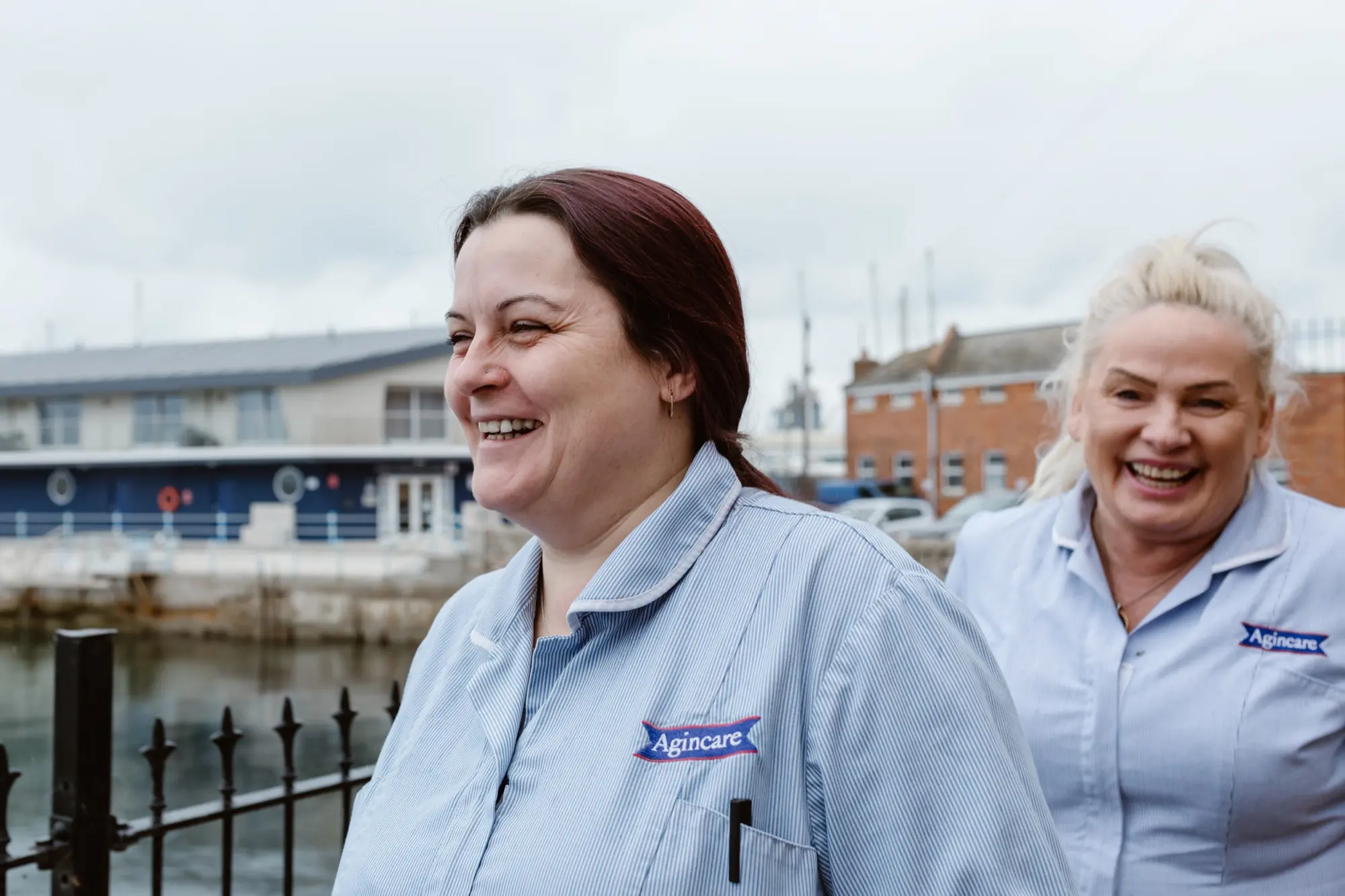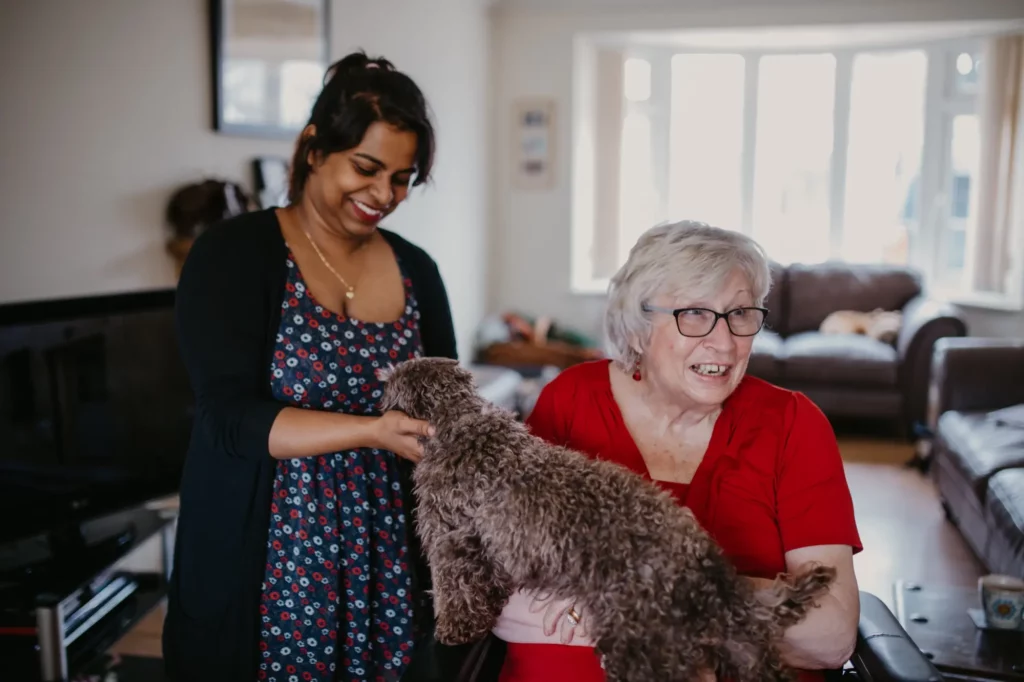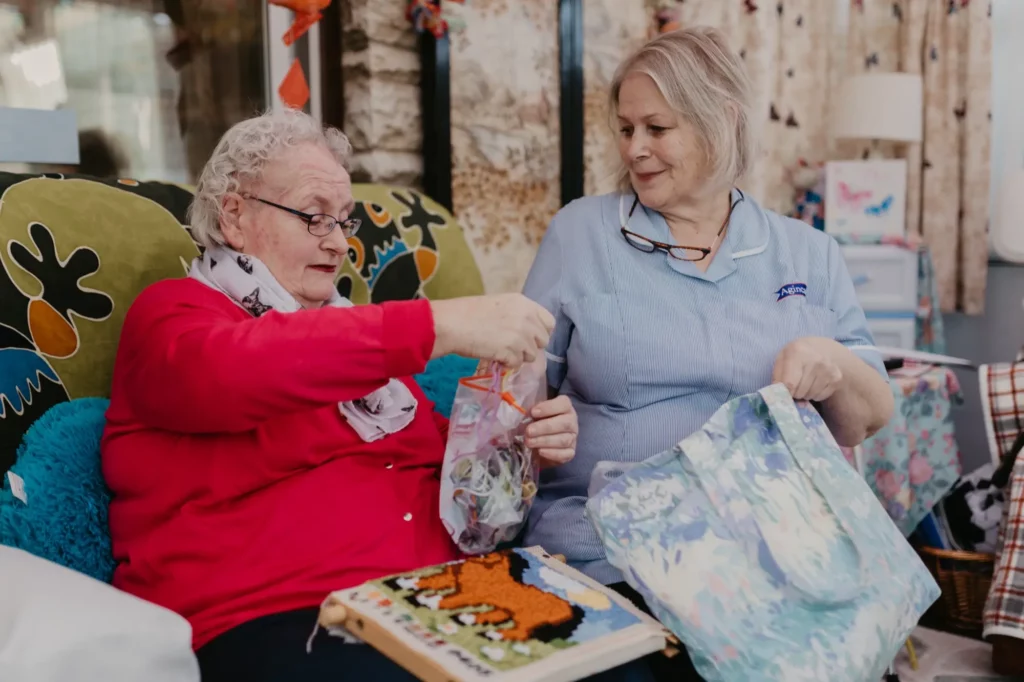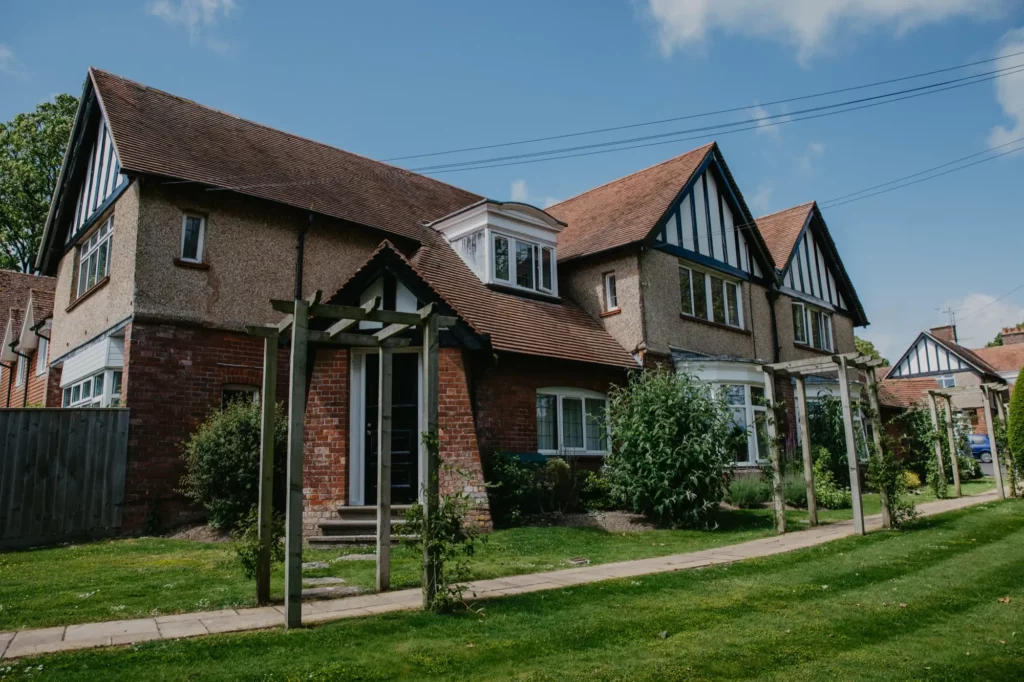
Palliative care tailored to you
Whether supported at home by a professional care worker or at one of our care homes, we can give you the independence and peace of mind to go on living the life you want to lead for as long as possible.
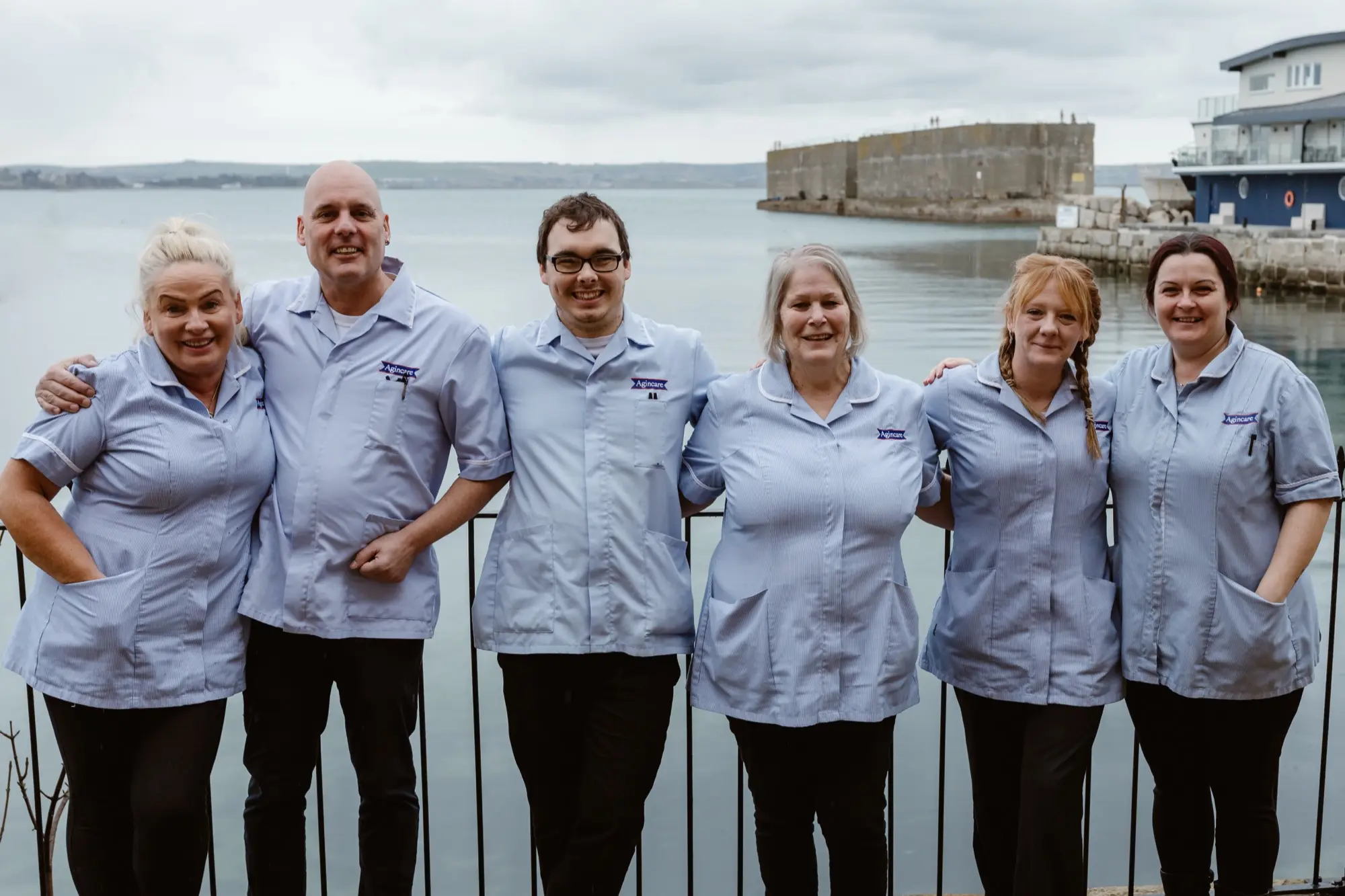

Types of palliative care and support
We know that a diagnosis of a life-limiting illness can be very upsetting for you and your family, but we want to reassure you that we will work with you every step of the way.
Whether supported at home by a professional care worker or at one of our care homes, we can give you the independence and peace of mind to go on living the life you want to lead.

Frequently asked questions
The Government is committed to every person nearing the end of their life receiving attentive, high-quality, compassionate care and for their wishes in their final weeks to be respected.
It may be possible to have the costs of care covered by the NHS who are committed to funding care for those who need it in their final weeks and months.
You may think that you won’t qualify due to the value of your estate, but end of life palliative care is different and is generally funded by the NHS.
Throughout all our care services, we work with community health teams so that everything is tailored to your needs. This includes regular visits from healthcare professionals to best suit your needs.
We offer care and support for long term conditions such as dementia, which can be a significant undertaking when caring for someone by yourself. Across our services, we help with personal care and support, such as dressing, bathing and toileting. We can also assist with medication throughout the day.
Agincare care workers receive extensive palliative care training, specifically designed to maintain the dignity and control of people in their final weeks and months.
Palliative care can benefit you and your family greatly, helping you manage your symptoms and provide long-lasting emotional support.

